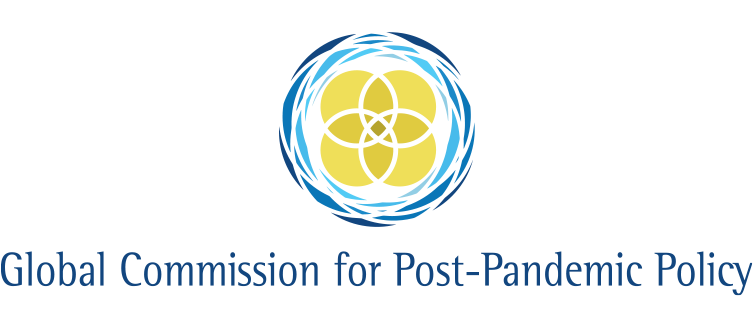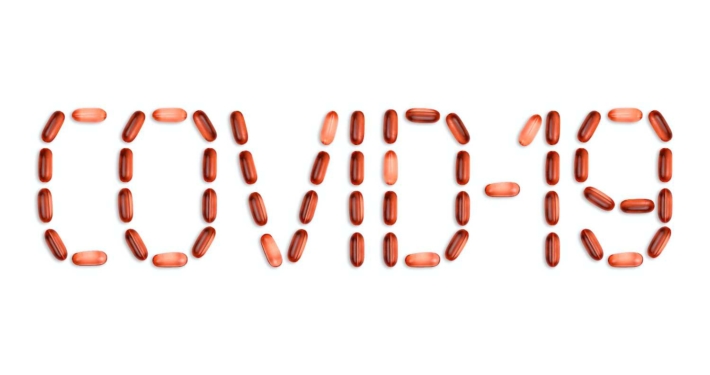The Pandemic, week to April 26th
Health
This week, COVID-19 infection rates continued to rise sharply worldwide, recording new record heights driven primarily by the spiralling situation in India. The condition of Latin America is also still deteriorating, with Argentina and Uruguay worst affected. By contrast, the situation in Europe—initially the centre of the current surge—continues to improve as the effects of stringent restrictions have kicked in.
The current COVID-19 outbreak in India is now the worst recorded anywhere since the pandemic began. The country’s hospitals are overflowing, its oxygen supplies are dangerously low and people are dying in lines waiting to see physicians. On April 25th, a total of 352,991 new infections were recorded in the country, a grim new global record for a single country. The situation, however, appears to be even worse than the official statistics reflect. The story told by India’s cremation grounds—currently working all day and all night in the worst-hit areas—suggests that the true death toll of COVID-19 far surpasses the official tally of almost 200,000 deaths.
The outbreak in India is impacting other countries too. The country—which is the world’s fourth biggest COVID vaccine producer, after China, the US and the EU—has frozen most of its vaccine exports. As a consequence, COVAX—a global scheme to supply vaccines to low and middle-income countries—has stalled as India was expected to provide two-thirds of its jabs in the first half of 2021. In many African countries, vaccine programmes have been thrown into disarray as people lucky enough to receive the first dose of a vaccine are now caught in limbo without access to a second one.
In the United States, the Food and Drugs Administration (FDA) lifted its temporary pause on the use of the Johnson & Johnson single-dose COVID-19 vaccine. The pause was imposed while the FDA investigated a link between the vaccine and a rare blood-clotting disorder that has emerged in young women. The organisation did establish a causal link, but not one dangerous enough to alter its advice on the general safety of the vaccine. Johnson & Johnson agreed to add a warning label to its vaccine vials.
In Canada, rising case rates and hospitalisations in the populous province of Ontario have led doctors to commence triage training in preparation for the possibility that pressure on ICUs may force decisions to be made about which patients should be eligible for life support. This wave of cases has occurred even as Canada has stepped up its vaccination programme, with 30% of the population having received at least one dose.
Two new studies suggest that both the Pfizer-BioNTech and Moderna mRNA COVID-19 vaccines are effective at preventing infection with the coronavirus variant first identified in New York, called B.1.526. The variant shares mutations with the more widespread variants first identified in the United Kingdom, South Africa and Brazil, respectively. Most importantly, the vaccines appear unaffected by the mutation E484K which offers the coronavirus some resistance to vaccines in all the strains mentioned.
In Israel, not a single new COVID-19 death was recorded on April 23rd—the first time in 10 months that that has happened. The milestone reflects the impact of the country’s world-leading vaccination campaign, which has now fully vaccinated 5.02 million people, or 58% of the country’s population.
Economy
In Europe, Italian Prime Minister Mario Draghi reached an agreement with the European Commission over Italy’s proposed COVID-19 Recovery Plan. The country plans to spend €221.5 billion in 2021-26 on six broad areas: the transition away from carbon fuels; digitalisation and innovation; infrastructure; education and research; social inclusion, and health. Of these funds, €191.5 billion will come from the EU’s European Recovery and Resilience Facility (RRF), with the remainder from Italy’s own budget.
In the United Kingdom, the investment bank Goldman Sachs forecasts economic growth in 2021 that will be the highest for any year since World War II, thanks to the country’s rapid vaccine roll-out. The bank predicts growth to top 7.8% this year, outpacing forecast growth in the United States and representing a partial recovery from 2020’s dismal GDP contraction of almost 10%, compared with the US’s 3.5% setback.
In Brazil, a newly published study identifies a hunger epidemic caused by the economic disruption of the coronavirus pandemic. In the last year, 19 million Brazilians have gone hungry—twice the usual number. In addition, 117 million people—55% of Brazil’s population—now face food insecurity. This is a leap from the figure of 85 million from two years before.
In the United States, more than four months after Congress approved tens of billions of dollars in emergency aid for rentals, little of it has reached the hands of landlords and tenants. In December, Congress allocated US$25 billion to the effort, with a further US$20 billion added in March. The trouble is that disbursal of the funds is the responsibility of state and local governments, and few have established programs to manage the process. This is partly because of its complexity: any such program needs to reach millions of tenants and verify their debts, all while winning over sceptical landlords.
The US Department of Labor released its weekly jobless claims data, showing that last week new jobless claims dropped to 547,000—their lowest level of the pandemic. The figure for the previous week was 586,000, revised up from the initially announced 576,000. These improving jobs numbers suggest that fiscal stimulus efforts are having the desired effect, along with vaccinations and easing of restrictions.
Politics
In the United States, the federal government is coming under increasing pressure to weaken its export restrictions on both vaccines and vaccine manufacturing components in response to the unfolding humanitarian crisis in India. The restrictions fall under the Defence Production Act, invoked at the start of the pandemic. The country has now agreed to send some medical aid in the form of raw materials needed for vaccine production, as well as test kits, oxygen, ventilators and personal protective equipment—and to release up to 60 million Oxford-AstraZeneca doses for export, once they have been subject to quality checks.
In Europe, the European Commission launched legal proceedings against the British-Swedish pharmaceutical company AstraZeneca. The case concerns the company’s massive under-delivery on vaccine dosespromised to the bloc during the first half of 2021.
In Japan, a state of emergency was declared in Tokyo, Osaka, Kyoto and their surrounding areas in an effort to stem an escalating coronavirus outbreak. The measures will last until May 11th. The move comes only three months before the country plans to host the postponed 2020 Tokyo Summer Olympics. Polls suggest that the Japanese public is growing increasingly frustrated with Prime Minister Yoshihide Suga’s handling of the pandemic and his government’s insistence on hosting the Olympics in the face of rising infections.
In Brazil, President Jair Bolsonaro said in an interview that if he were to order the military to take the streets and restore order, “the order will be followed.” The comments by President Bolsonaro, a former army captain who has long praised Brazil’s two-decade military dictatorship, come after three armed forces chiefs resigned last month when President Bolsonaro fired his former Defence Minister. There are concerns that the unpopular President—who has overseen one of the worst coronavirus outbreaks in the world—will not commit to a peaceful transfer of power when his term ends.
In the United Kingdom, Prime Minister Boris Johnson is under heat over comments he reportedly made in October. In response to having to impose a second national lockdown to stem the spread of coronavirus infections, Johnson reportedly shouted in a meeting at 10 Downing Street “No more f**ing lockdowns – let the bodies pile high in their thousands.” The Prime Minister denies the accusation, while the BBC and other media organisations claim that direct ear-witnesses have confirmed the reports.
GCPPP Newsletter
We now publish a weekly newsletter to inform friends and supporters of the Global Commission’s progress and to provide updates when new content is published. Please sign up here:


 Volodymyr Hryshchenko, Unsplash
Volodymyr Hryshchenko, Unsplash
 Adam Nieścioruk, Unsplash
Adam Nieścioruk, Unsplash
 visuals, Unsplash
visuals, Unsplash


